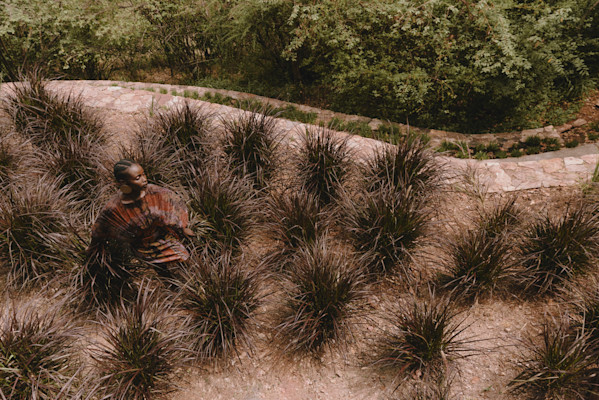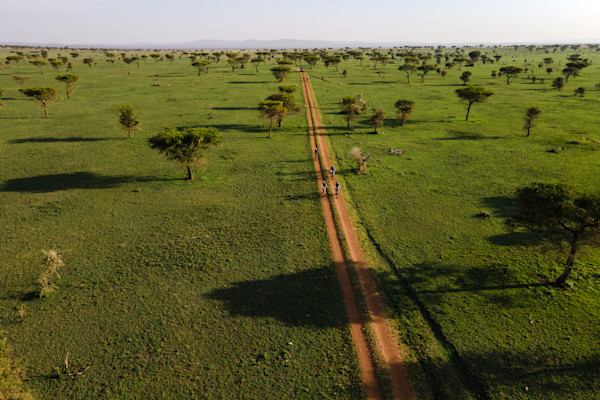
September 2022
Community
Sustainability
Biodiversity
Committed to the future of Zimbabwe’s wild spaces
in CommunityShare:
Committed to the future of Zimbabwe’s wild spaces
In each of the regions in which we operate, Singita’s non-profit conservation partners play a critical role in helping to protect the wilderness, and when guests visit our properties, they are able to experience first-hand the value of the incredible work these organisations do.
Tireless in their efforts to safeguard various ecosystems and the vulnerable species that call them home, our conservation partners also work hard to create sustainable futures for the communities who live near the reserves. Ultimately, the combined efforts of individuals and organisations determine each project’s success in helping to drive Singita’s 100-year purpose – to preserve and protect large areas of African wilderness for future generations.
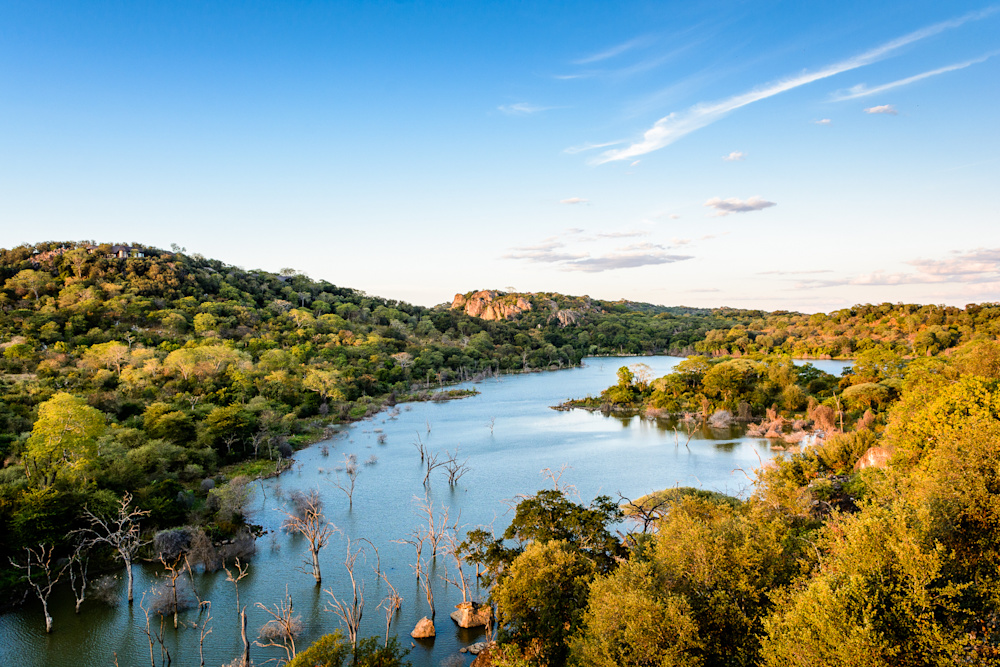
The Malilangwe Trust focuses on the preservation of the Malilangwe Wildlife Reserve's biodiversity and implements sustainable long-term community programmes
Guardians of the Malilangwe Wildlife Reserve
In Zimbabwe, we work alongside The Malilangwe Trust, who has focused on conservation and community development since 1994. Using science-based management practices to support the protection and reintroduction of wildlife, alongside community programmes that simultaneously educate and inspire future generations, Malilangwe’s work includes everything from preserving and maintaining biodiversity to combatting poaching and encouraging the use of more sustainable practices long term.
Set in the country’s remote southeastern lowveld, this reserve was once a cattle ranch before the transition to wildlife-based land-use began in all earnest four decades ago. When The Malilangwe Trust acquired the property, so began the process of restoring the ecosystem. Today, its work spans monitoring and regulating animal populations, invasive plant management, erosion reduction and water health monitoring, as well as the reintroduction of wildlife.
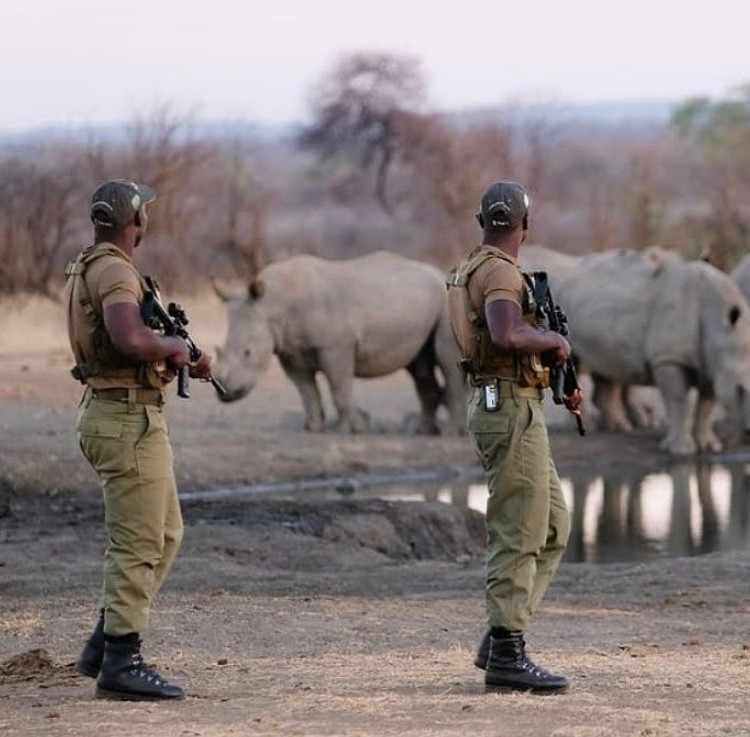
From monitoring and reintroducing wildlife into the Reserve, to ensuring its daily protection, the Malilangwe Scouts are pivotal on the ground
Anti poaching and wildlife monitoring is carried out by the Malilangwe Scouts. This highly efficient unit has developed since the Trust’s inception and is key to the protection of endangered species – most crucially black and white rhino. In turn, the Junior Ranger Programme (which began in 2018) is designed and instructed by the Malilangwe Scouts who serve as mentors to the young recruits, and pass on a diverse range of skills and wisdom, equipping them for future opportunities in conservation and tourism.
Various sustainability processes and projects too, are at the heart of the Trust’s operations, including dedicated recycling, energy efficiency practices, and water management. Waste sorting, a reusable nappy programme, water purification, and solar heating are daily habits among Malilangwe’s community, and sustainable practices are implemented through conservation education – key to achieving long-term impact.

The Junior Ranger programme sees the Malilangwe Scouts pass on their invaluable knowledge by mentoring the next generation of young recruits to equip them for a calling in conservation
Developing thriving communities
The Malilangwe Trust recognises that programmes need to encourage and support the communities at various levels. Through educational workshops, Malilangwe’s Conservation Education Programme instils an appreciation for conservation, sustainability, environmental processes and cultural heritage, while equipping students with a range of life skills. E-Learning Centres, established in local schools offer access to computer technology – a rarity in these rural areas, and through Malilangwe’s partnership with the Girl Child Empowerment Trust, it helps young women grow into confident, socially adjusted, and economically empowered adults. Additionally, The Malilangwe Trust supplements the basic nutritional and energy requirements of over 20,000 children by supplying them a nourishing drink (mahewu) every school day.


Programmes ranging from conservation education to nutrition and healthcare schemes ensure the communities around the reserve are empowered and supported
The Malilangwe Trust funds and offers guidance to Khomonani Women’s Garden – a market initiative that fulfils real needs and empowers the women who run it. On the reserve itself, employees and their dependants have access to the Tsuvuka Clinic, health training, and baby clinics, as well as sport and recreation facilities.

Khomonani Women’s Garden is an initiative supported by The Malilangwe Trust that empowers the women who run it. Photo: Karin Schermbrucker
Inspiring success stories
One of its most inspiring successes – and demonstrating in real terms how the Trust has shifted the needle in this region – are its rhino translocation efforts, to and from the Reserve over the past two decades. These highlight the measurable impact of collaboration in conservation.
Only a few white rhinos remained in the area before the Trust was formed. Between 1997 and 1998 12 white and 28 black rhinos were translocated from KwaZulu-Natal in South Africa to the Malilangwe Wildlife Reserve. Both populations have subsequently grown so well (532% for black and 729% for white rhino) that the Reserve has since been able to supply stock to other conservation areas in southern Africa.
This triumphant development played out recently in the form of a successful translocation to move black rhinos from the Malilangwe Wildlife Reserve into Gonarezhou – Zimbabwe’s second largest national park, and an area whose rhino population has over the years become depleted.
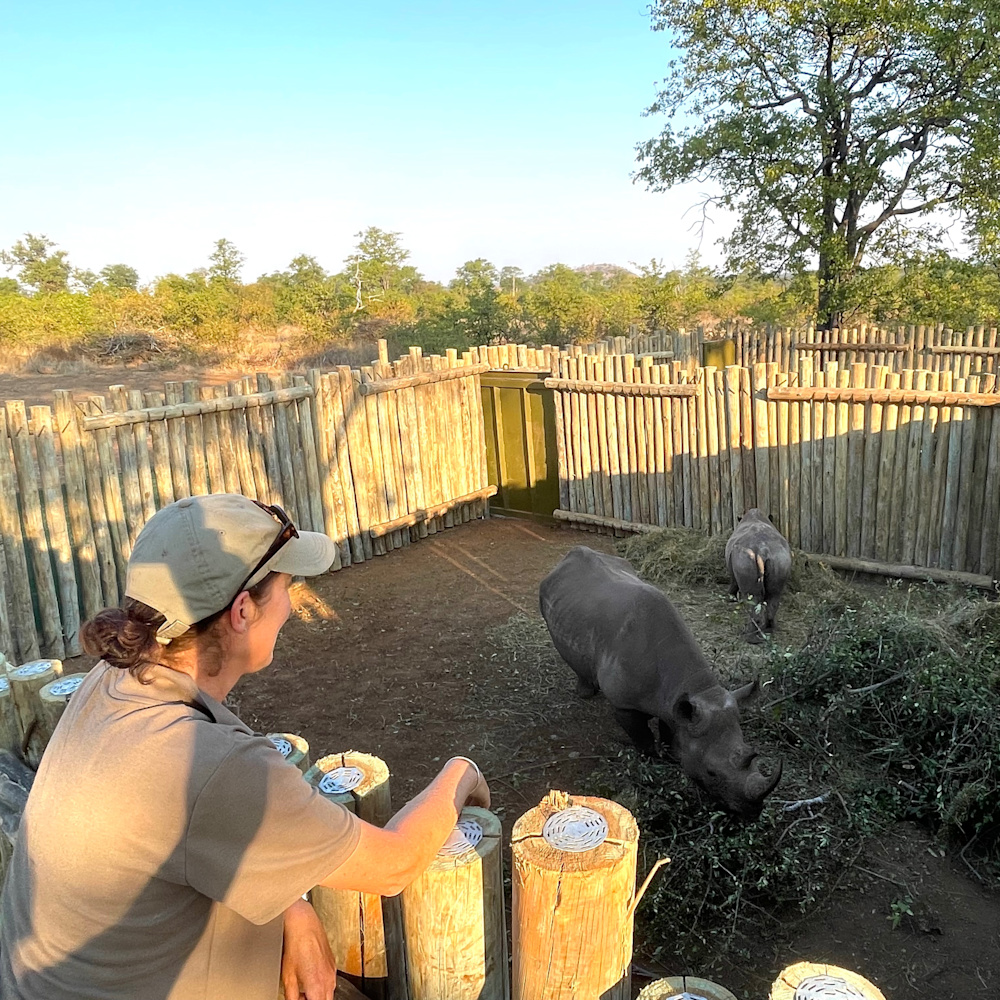
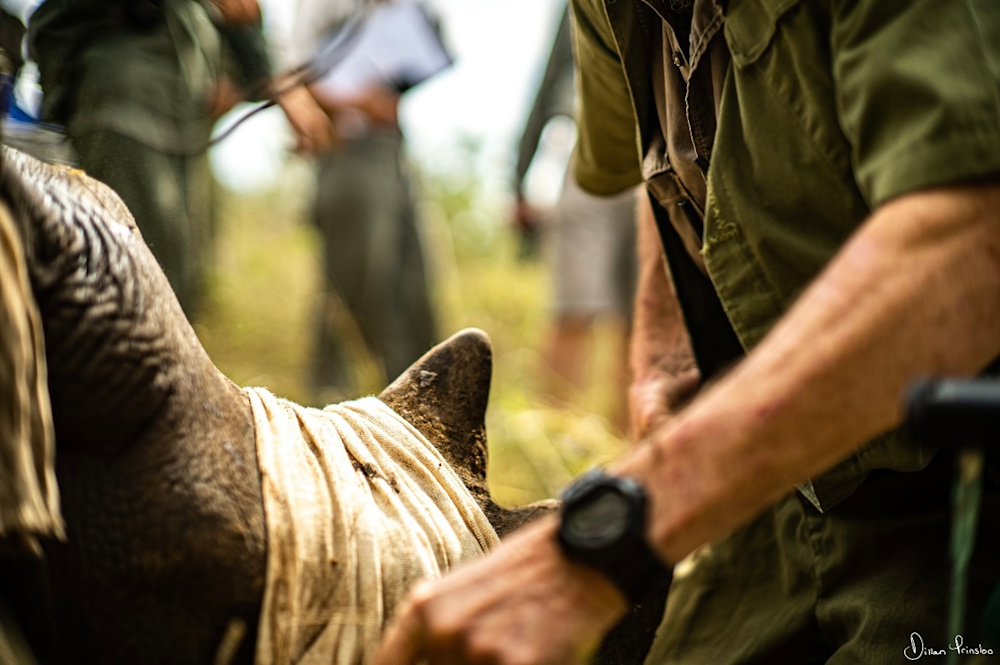
The recent translocation of black rhinos from the Malilangwe Wildlife Reserve into Gonarezhou demonstrates the strides that have been made to create a thriving rhino population in this region
Support a sustainable future in Zimbabwe
Learn more about The Malilangwe Trust's many contributions to the current and future wellbeing of Zimbabwe's precious wilderness, and find out how you can become part of this success story here >

By Julia Freemantle
Author
